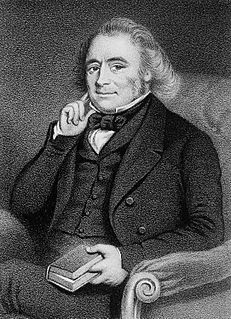A Quote by Hartley Coleridge
The beauty of the picture is an abiding concrete of the painter's vision.
Related Quotes
It would be very curious to record by means of photographs, not the stage of the picture, but its metamorphoses. Perhaps one would perceive the path taken by the mind in order to put its dreams into a concrete form. But what is really very curious is to observe that fundamentally the picture does not change, that despite appearances the initial vision remains almost intact.
I think our mental picture of God is the most important fact about our life. All other things being equal, the beauty of our life won't outrun the beauty of our vision of God. Unfortunately, the God that many Christians envision is not completely Christ-like, but is rather influenced by the violent depictions of God in the Old Testament.
Were it not for this [dissatisfaction], the perfect painting might be painted, on the completion of which the painter could retire. It is this great insufficiency that drives him on. The process of creation becomes necessary to the painter perhaps more than it is in the picture. The process is in fact habit-forming.
Before 2010, I had a vision. I saw a family in my mind that I wanted to have. And I was pushing and driving hard for my picture, and then I realized everyone has their own journey. I have to support what they want to do. I have to support the vision that they have for themselves, not my vision. That was excruciating for me.
If it is the love of that which your work represents--if, being a landscape painter, it is love of hills and trees that moves you--if, being a figure painter, it is love of human beauty, and human soul that moves you--if, being a flower or animal painter, it is love, and wonder, and delight in petal and in limb that move you, then the Spirit is upon you, and the earth is yours, and the fullness thereof.




































